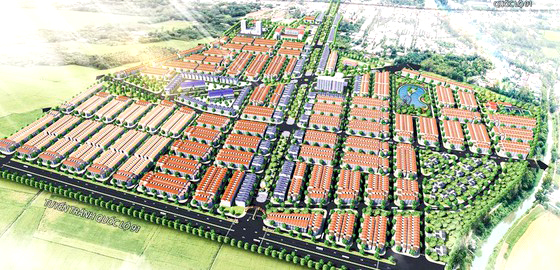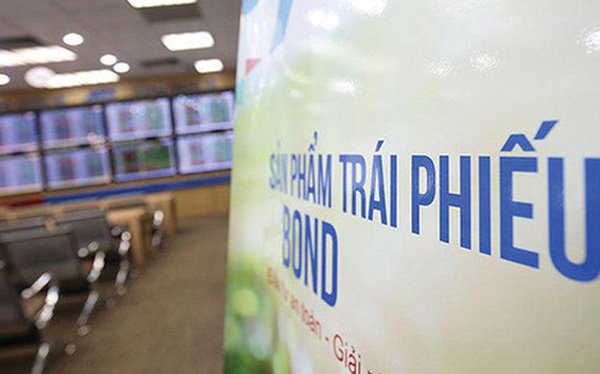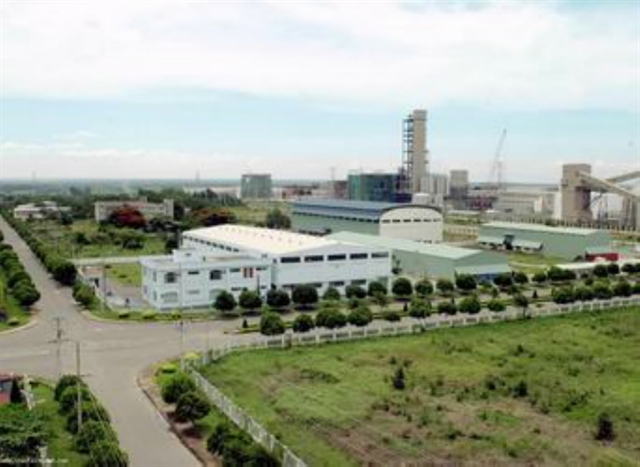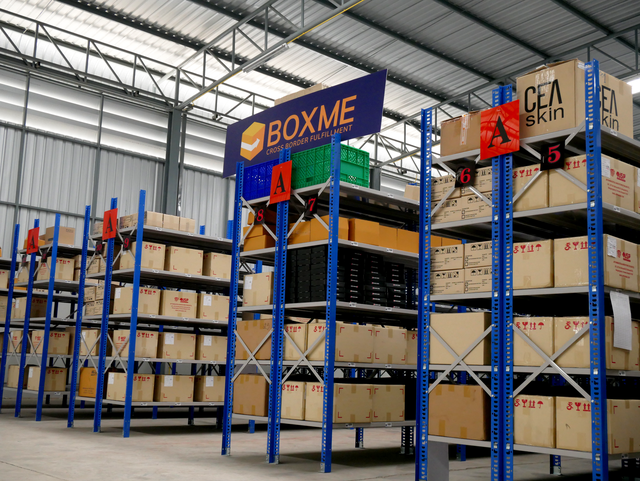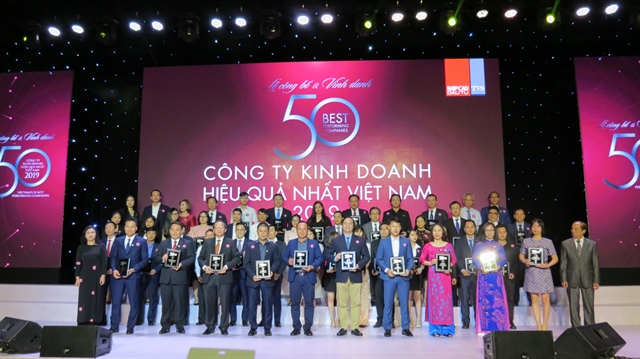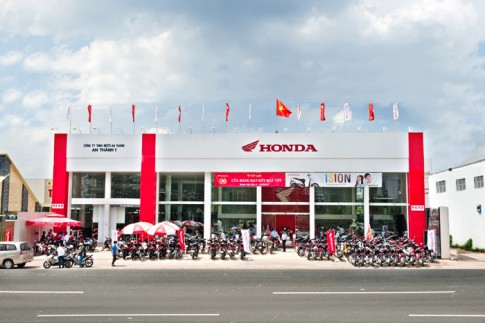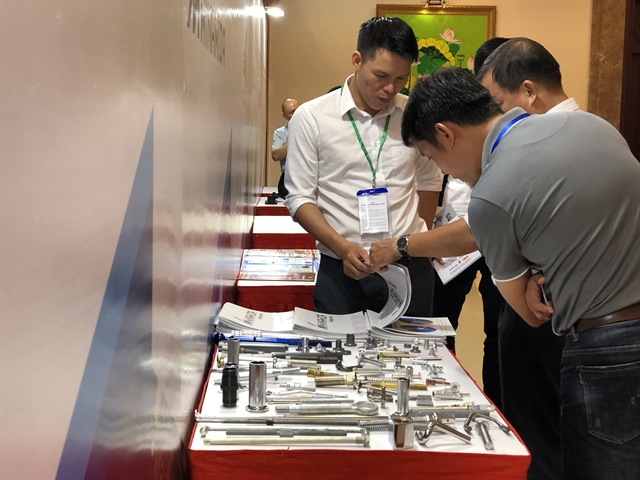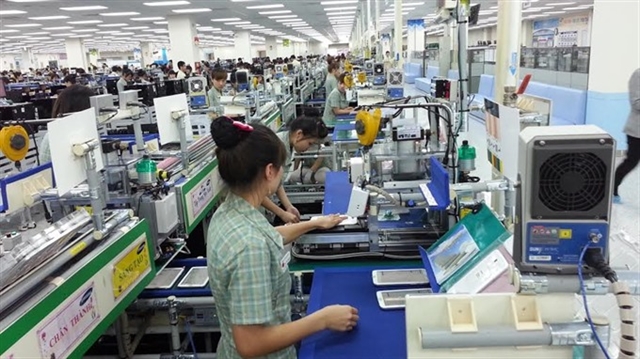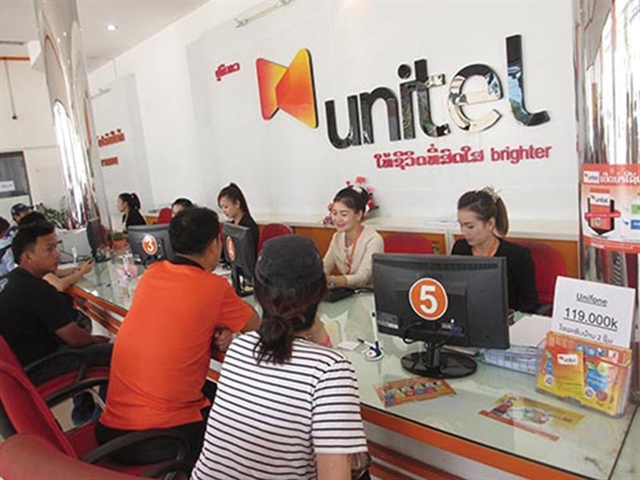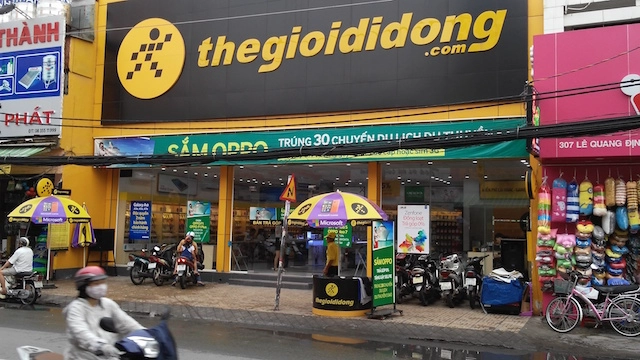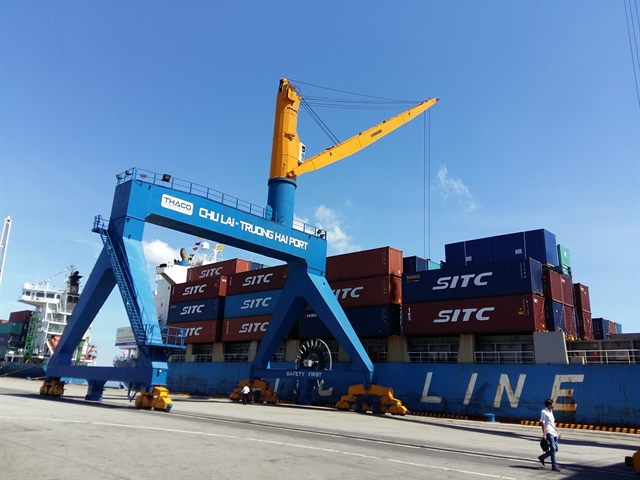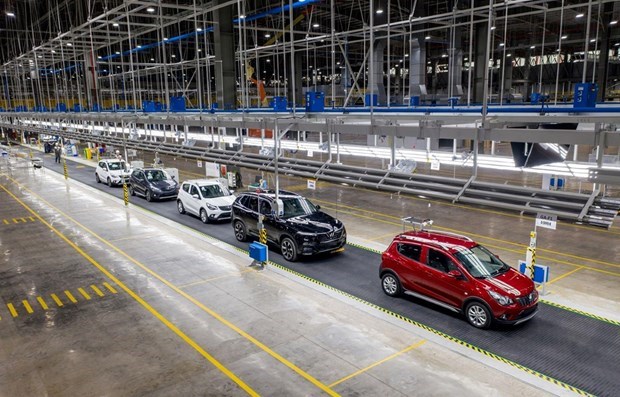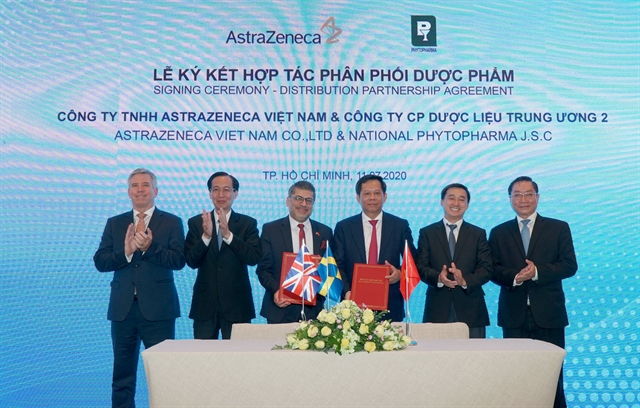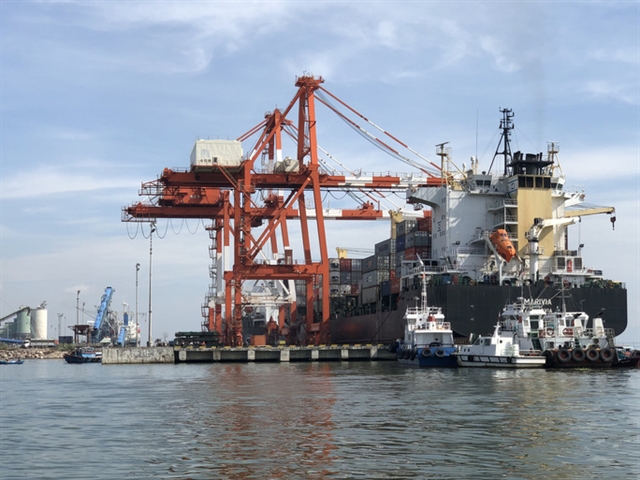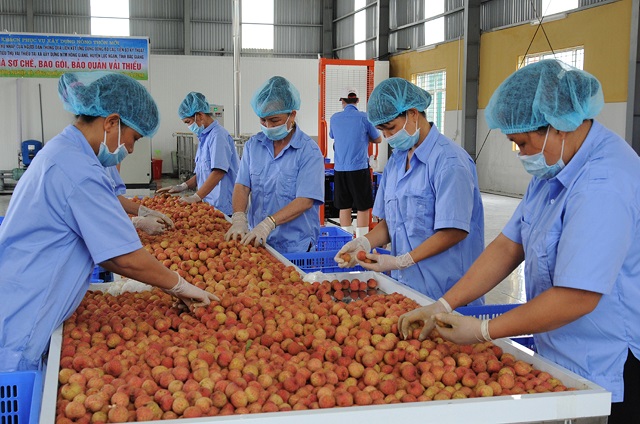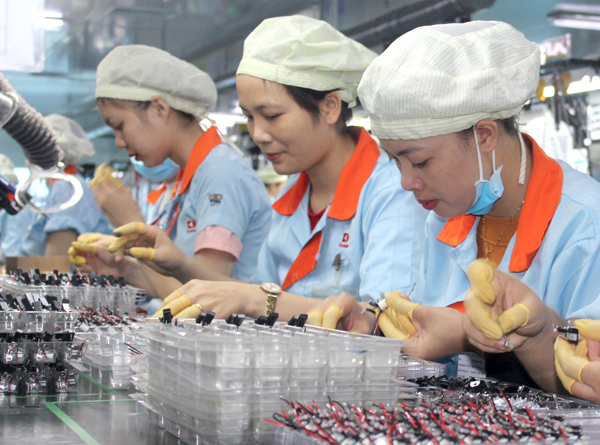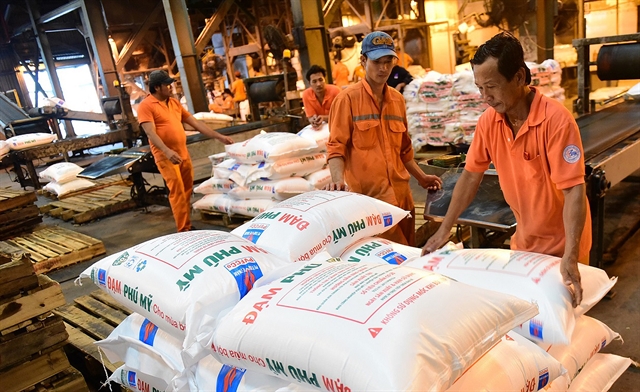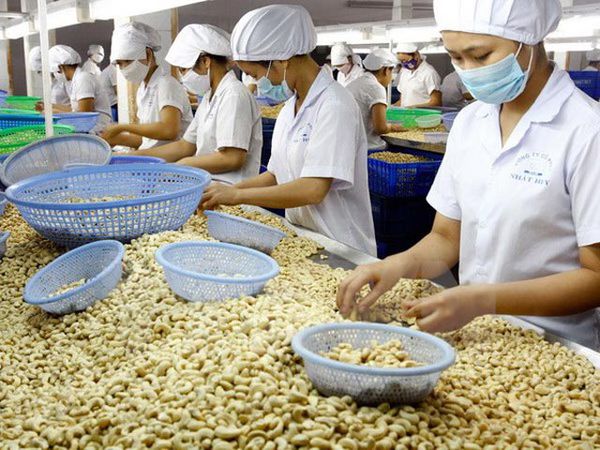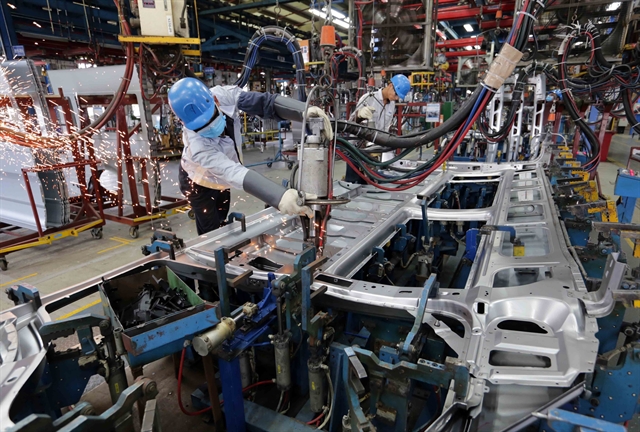
HCM CITY — Speeding up infrastructure development and improving ease of doing business and vocational training are among things Việt Nam can do to make itself more attractive to foreign investors post-Covid-19, according to investment fund VinaCapital.
Don Lam, the fund’s co-founder and CEO, said, “Consultants expect 20 per cent of China’s manufacturing sector to move out the country in the coming years.
“Not all of that will come to Việt Nam, but the country stands to attract a good portion of that for several reasons.”
They included factory wages in the country being less than half of those in China though the quality of the workforces is comparable, Việt Nam doing an outstanding job in controlling the Covid-19 outbreak and ranking high in various FDI decision making schemes that companies use to evaluate the potential of a country for building factories.
Companies looked for some key factors when considering direct investment in a country.
They wanted good supply of labour with skills and experience, logistics convenience in places they set up new factories so that they could easily ship in raw materials and ship out finished products, minimal bureaucratic obstacles to setting up and operating factories, and political and economic stability.
Việt Nam scored well in most of these aspects, and quickly improves in areas it did not.
But there were several things it could do to become more attractive to investors.
Its logistics costs continued to be high, and it needed to quickly build and improve physical infrastructure to rise in the World Bank Logistics Performance Index from its current 45th position.
The Government also needed to improve the country’s position in the World Bank’s ease of doing business rankings by streamlining the bureaucratic processes related to setting up and operating a business.
“In the most recent World Bank survey, Việt Nam ranks 70th out of 190 countries, ahead of countries like Indonesia, and the Philippines but behind Malaysia and Thailand.”
The Government’s recently announced ‘fast track’ initiative to speed up the licensing of FDI projects was a good example of the steps it could take to reduce red tape and bureaucratic hurdles companies faced.
The Government should consider promoting quality FDI by setting up an Investment Promotion Agency (IPA) to actively market Việt Nam’s advantages as an FDI destination around the world.
The Government tended to approach FDI reactively and only worked with foreign companies that approached it though the Ministry of Planning and Investment and other relevant Government departments had become more aggressive in following potential leads.
Next, Việt Nam’s vocational training needs to be significantly improved to ensure that the workforce could perform tasks that require higher skill levels, and the country needed to invest in R&D and improve technical universities.
Finally, the Government could encourage the formation of industrial clusters around desirable industries such as electronics.
This strategy would have the dual advantage of maximising Việt Nam’s benefit from FDI investments and giving firms more confidence to locate their higher value-added activities in the country.
Should not offer overly generous tax breaks
According to VinaCapital, Free Trade Agreements help attract FDI to a country, especially when they entail measures that improve a country’s ease of doing business. However, it is important to note that Việt Nam is already a party to more FTAs than any country in the world, it said.
Lam said, “Often countries use a range of tax incentives to attract foreign investment, and of course who does not like tax incentives? But offering overly generous tax breaks is not critical for Việt Nam to be successful in attracting FDI.”
According to the IMF, tax incentives are “not critical” to attracting FDI and “…cannot substitute for political stability, good macroeconomic fundamentals, the availability of infrastructure, and a sound legal framework.”
Lam said his fund expected the next wave of FDI to be driven by companies relocating their factories out of China and have a bigger impact on Việt Nam’s economy than previous inflows because multinational companies now had an incentive to help local firms “move up the value chain” to build supply chains in Việt Nam capable of supporting those companies. — VNS
